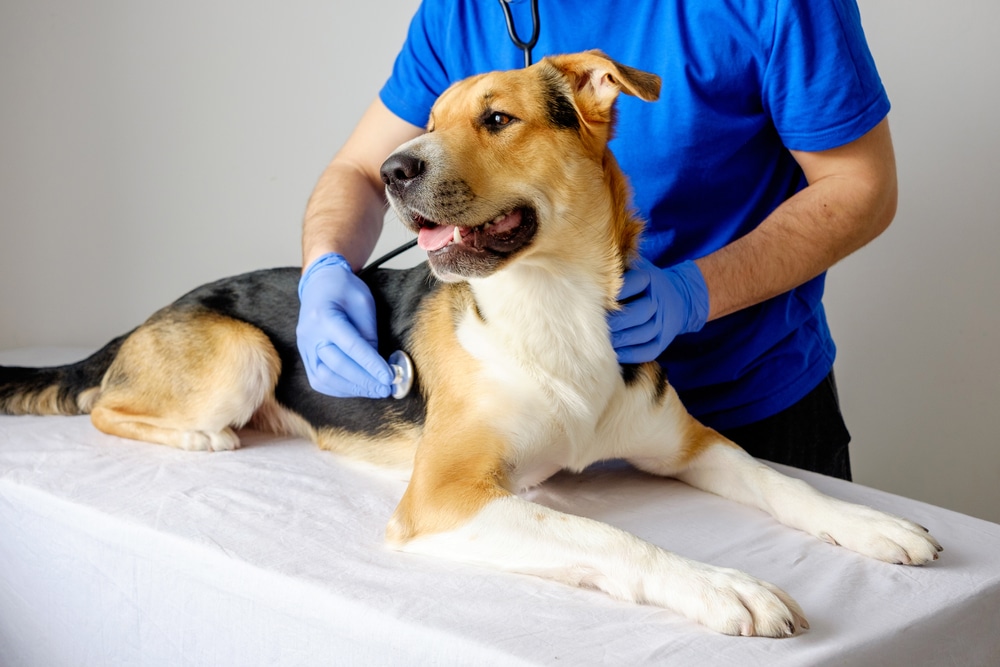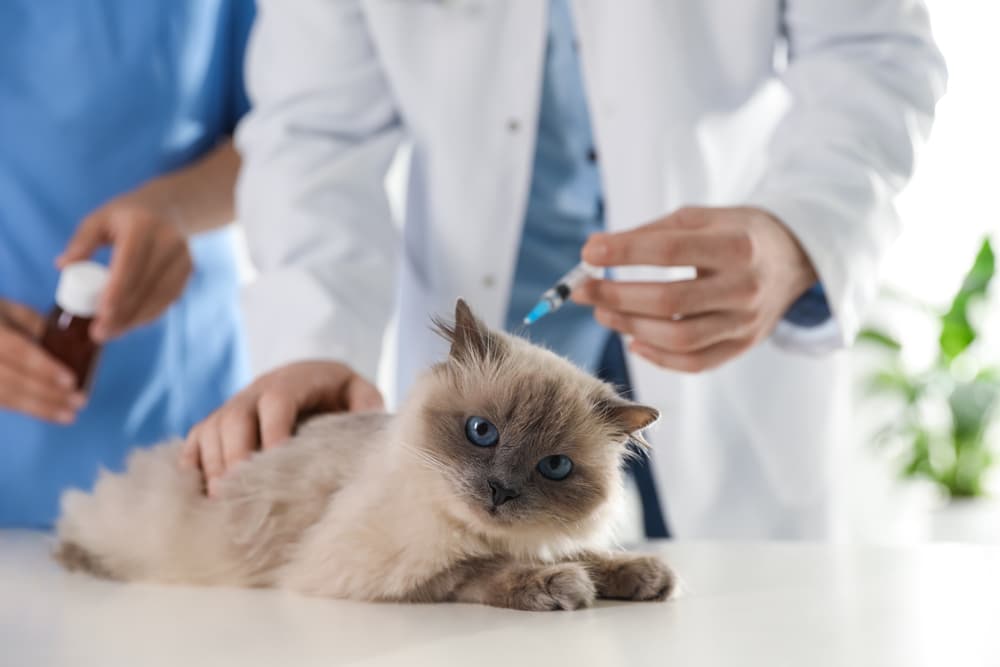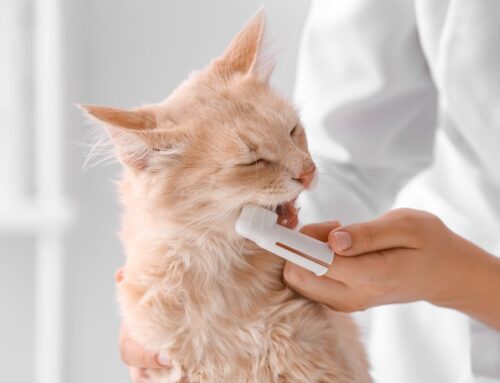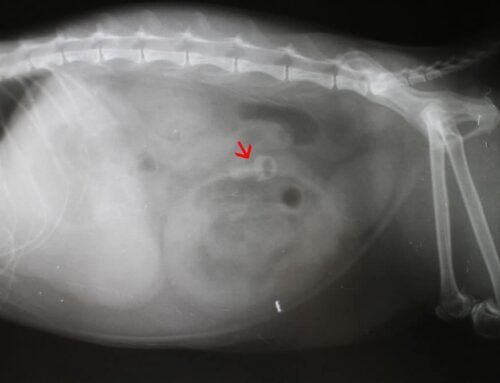Pet Vaccinations: Essential Protection for Every Life Stage
Welcoming a new pet into the family brings excitement and plenty of snuggles, but it also comes with important responsibilities. One of the most critical steps for keeping pets healthy and thriving is a solid vaccination plan. At Sonoran Sky Pet Hospital in Mesa, Arizona, vaccinations are viewed as more than just a routine visit. They are a cornerstone of lifelong wellness, helping protect pets at every age from serious and sometimes life-threatening diseases.
Many pet owners feel uncertain about which vaccines their pet needs, when to get them, or what risks to consider. This guide is designed to answer those questions and help every pet owner feel confident when making choices about preventive care.
Why Vaccinations Matter for Dogs and Cats
Vaccines teach a pet’s immune system to recognize dangerous viruses and bacteria before they cause real harm. Think of vaccines as training exercises that prepare the body to react quickly and effectively. This preventive step can mean the difference between a mild illness and a life-threatening crisis.
Vaccinations also play a role in community health. By vaccinating, each pet contributes to “herd immunity,” protecting other pets who may be too young, old, or medically fragile to get vaccinated themselves. Diseases like rabies can even be passed to people, so protection helps everyone stay safer.
Learn more about the science behind pet vaccinations with the AVMA’s vaccination guide.
Core Vaccines vs. Non-Core Vaccines
Not every pet needs every vaccine. Plans should be tailored to lifestyle, age, health, and risk factors.
Core Vaccines
Core vaccines are strongly recommended for all pets because they protect against diseases that are widespread, severe, or pose public health risks.
Dogs
- Rabies: Required by law in many areas. Rabies is fatal and can spread to humans.
- Distemper, Adenovirus, Parvovirus (DAP): These viruses can cause severe illness or death, especially in puppies.
Cats
- Rabies: Even indoor cats can be exposed through wildlife or accidental escapes.
- FVRCP: Protects against Feline Viral Rhinotracheitis, Calicivirus, and Panleukopenia. Learn more about what these cover in this AAHA guide.
Non-Core Vaccines
These are recommended based on a pet’s lifestyle, environment, and exposure risk.
Dogs
- Bordetella (Kennel Cough): Recommended for pets who attend daycare, grooming, or boarding. Kennel cough can spread easily where dogs gather.
- Leptospirosis: Spread through water contaminated by wildlife, common in areas with standing water.
- Lyme Disease: Carried by ticks in wooded or grassy areas. Read more about Lyme Disease in dogs.
Cats
- Feline Leukemia Virus (FeLV): Recommended for kittens and outdoor cats or those in multi-cat homes. Learn about FeLV risks.
Understanding Pet Vaccination Schedules
Staying on schedule is vital to keep immunity strong through all life stages.
Puppies and Kittens
Vaccinations begin at 6–8 weeks old and are boosted every 3–4 weeks until about 16 weeks. This process helps override maternal antibodies that can block vaccines.
Adult Pets
After the puppy or kitten series, adult dogs and cats shift to maintenance boosters. Some vaccines are needed annually, while others may be given every three years depending on risk factors.
Explore what these life stages mean for your pet in this guide to a dog’s life stages or cat’s life stages.
Seniors
Older pets may need fewer vaccines, but regular exams are still essential. A vet can determine if adjustments are needed to keep the immune system strong without unnecessary vaccines. Learn why regular vet visits matter.
What About Side Effects?
Vaccinations are generally very safe, but mild reactions are possible.
Mild, Common Reactions:
- Sleepiness for a day or two
- Tenderness at the injection site
- Mild fever
Rare but Serious Reactions: - Facial swelling
- Difficulty breathing
- Vomiting or diarrhea
If serious reactions occur, contact the clinic immediately.
Disease Spotlight: Why Vaccines Matter
Pet owners sometimes wonder, “What are the chances my pet will really catch this?” The truth is, common diseases can spread quickly and can be devastating if not prevented.
Rabies: Fatal once symptoms appear. It affects the brain and can spread to people. Rabies information for veterinarians outlines why rabies prevention is non-negotiable.
Parvovirus: A dangerous virus for dogs, especially puppies. It can survive in the environment for months and spreads easily. Learn about Canine Parvovirus.
Feline Leukemia Virus: One of the most common infectious diseases in cats, leading to immune suppression and cancer. More details at Cornell’s FeLV page.
Kennel Cough: A highly contagious respiratory infection for dogs that spend time with other dogs. AVMA’s guide explains how it spreads.
Debunking Common Vaccination Myths
- Myth: Indoor pets do not need vaccines. Even indoor pets can escape or come into contact with viruses that cling to shoes or clothing.
- Myth: Vaccines always cause severe reactions. Serious reactions are rare, and the benefits greatly outweigh the risks.
- Concern: Over-vaccination. Vets create tailored plans and use titer tests if needed to avoid unnecessary shots.
Preparing for a Vaccination Appointment
Being prepared makes the visit easier for everyone.
What to Bring:
- Prior vaccination records
- A list of medications and supplements
- Questions you want to ask
Good Questions to Ask: - What vaccines are necessary for my pet’s lifestyle?
- Are titer tests an option?
- What is the booster schedule?
- Are there specific aftercare steps to follow?
Schedule an appointment or see our full services for how we help keep your pet healthy year-round.

FAQs
Can vaccines fail? No vaccine is 100% effective, but vaccinated pets are much less likely to get sick and often experience milder symptoms.
Is vaccination expensive? Preventive care costs far less than treating preventable diseases.
Do older pets still need vaccines? Many do, though schedules may adjust. Your vet will guide you.
Your Partner in Lifelong Pet Health
Vaccines are one of the simplest yet most powerful ways to protect your pet’s health through every stage of life. At Sonoran Sky Pet Hospital, thoughtful, tailored care ensures your dog or cat stays protected without unnecessary treatments. Keeping pets healthy means peace of mind for families, too.
Have questions about your pet’s vaccine plan? Contact us today or schedule an appointment. Together, every stage of your pet’s life can be healthier, happier, and protected.









Leave A Comment